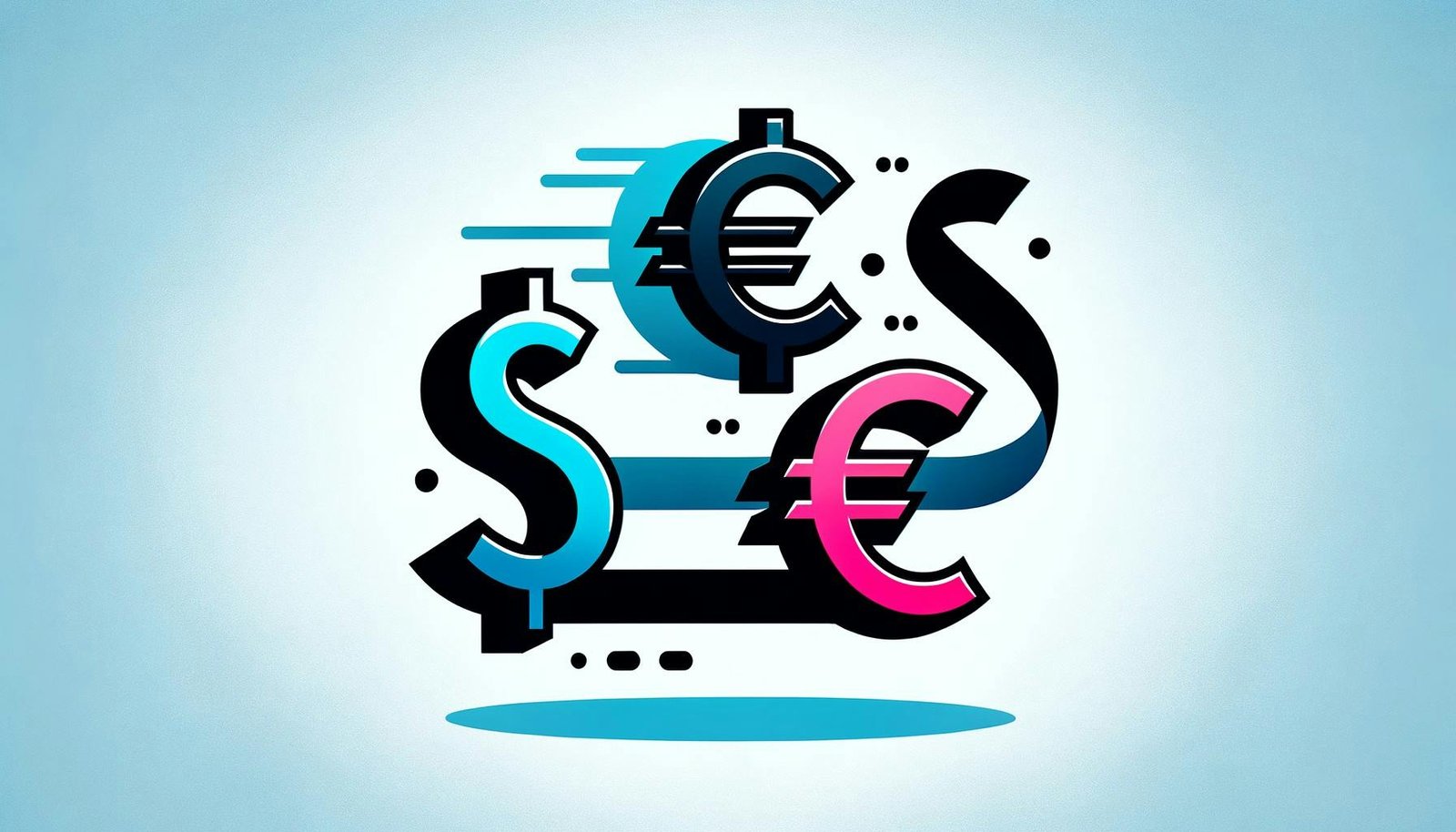The world of currency ETFs is very small, with only 16 funds available. Of those, five are bitcoin funds. Among the 11 non-crypto funds, only ones that were long the U.S. dollar have seen positive returns recently, due to the enduring strength of the greenback versus global currencies.
Currency investors need to understand the concepts of “long” and “short” positions. Long means buying and holding an asset outright. It’s an appropriate strategy when you believe an asset will rise in value.
Short means borrowing an asset, in exchange for a modest fee, and then selling the asset. Short sellers believe that their target asset will decline in value, so that the investor can buy it back later at a lower price, and thereby make a profit.
For this list, we selected the five largest currency ETFs by assets under management. It includes two long dollar funds: The Invesco UUP is long the U.S. dollar and short a basket of G10 countries, while the WisdomTree USDU is long the U.S. dollar and short a smaller basket of global currencies. These were the only currency ETFs with positive three and five year performance.
The remaining three funds—a Bitcoin fund, a long euro fund and a long yen ETF—have seen losses recently thanks to dollar strength. Should the current trends reverse, they could be poised to profit.







